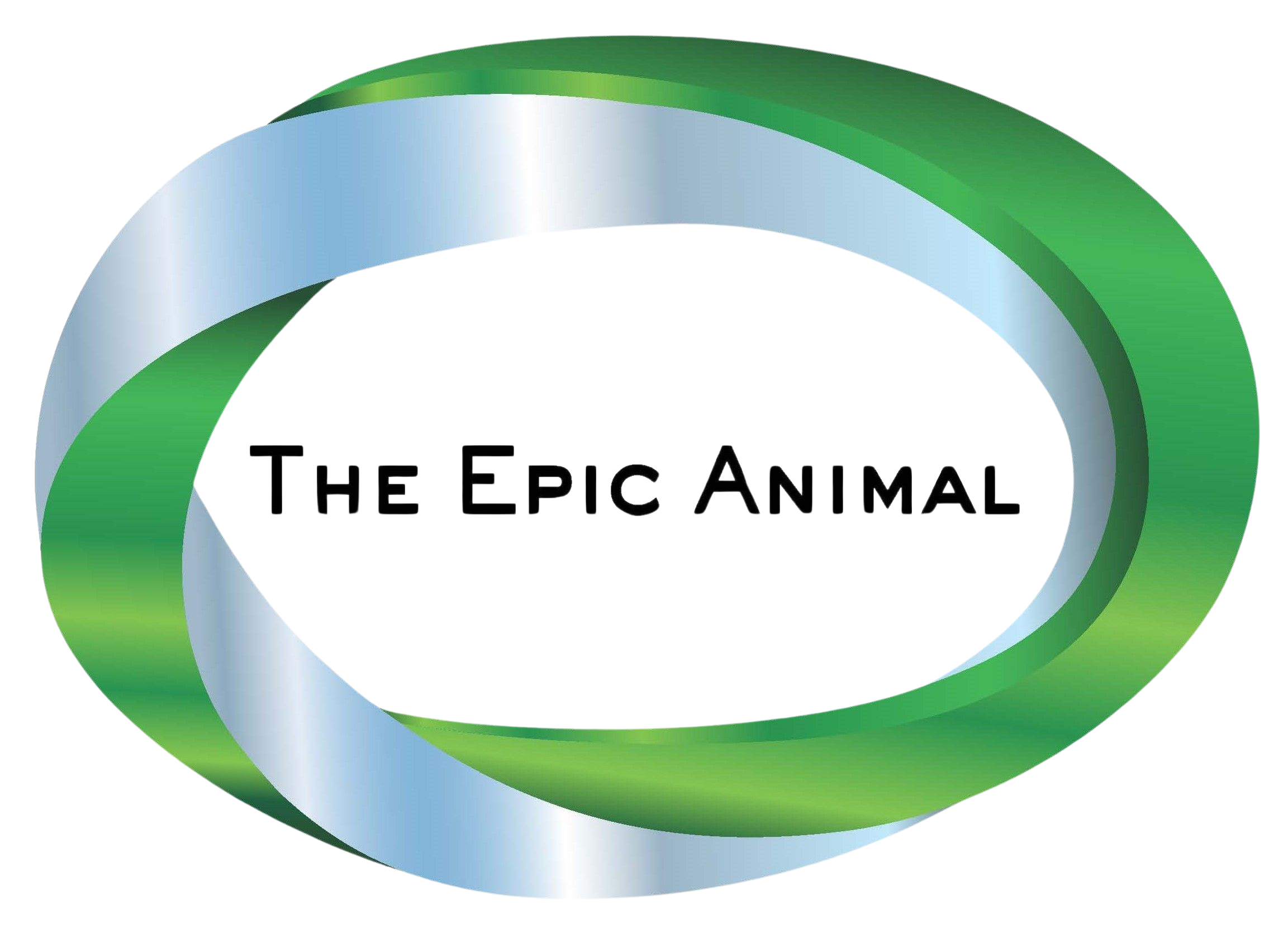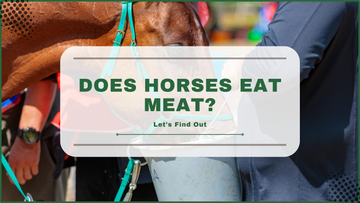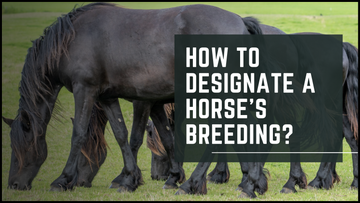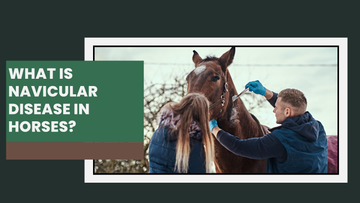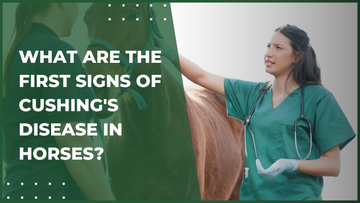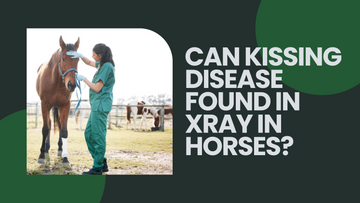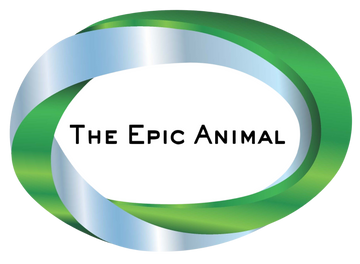Horses and meat are two words that don’t usually go together. We picture horses happily munching on hay, and carrots, or maybe even stealing an apple from your hand. But what if I told you that horses sometimes eat meat?
There have been surprising cases where horses have been caught snacking on fish, chewing on bacon, or even enjoying dried meat in extreme weather conditions. This raises an interesting debate: do horses eat meat, and more importantly, are horses omnivores? are horses carnivores or can horses eat meat without any risks?
Let’s explore why some horses have tried meat and find out if their bodies are designed for it!
Are Horses Omnivores?
Horses are herbivores, meaning they eat only plant-based materials such as hay, grass, or grains. Their digestive system is designed in such a way that they can eat only green materials, extracting nutrients from roughage through fermentation in the hindgut.
Unlike horses are omnivores, horses lack the sharp teeth and digestive enzymes required to break down and metabolize meat efficiently.
Can Horses Digest Meat Properly?
Although there have been limited instances of a horse eating meat, their digestive system is not made for it. Horses eat meat only in exceptional situations, but their bodies are developed to process plant-based foods. Let’s understand why horses struggle a lot to digest meat efficiently.

Why Horse Stomach Is Not Meant for Meat?
When food enters a horse’s esophagus, it proceeds into the gut, which is small for such a large animal. A horse’s stomach can only hold a limited amount of meals at a time, making it less capable of processing protein-rich and dense meat.
The stomach has two separate regions:
-
Non-Glandular Region – This area is the line of the stomach and protects it from acid.
-
Glandular Region – This part produces digestive enzymes that break down food, but these enzymes are specifically meant for forage. As a result, horses eat meat inefficiently because their stomachs cannot properly digest animal protein.
Small Intestine: Less Nutrient Absorption from Meat
The small intestine plays a vital role in absorbing nutrients from food. However, when a horse eats meat, little to no nutrients are soaked. This means that consuming large amounts of meat over time can lead to digestive discomfort and nutritive imbalances.
Cecum: Struggles with Meat Protein
The cecum, the beginning of a horse’s large intestine, is responsible for separating fiber and carbohydrates for energy. As it is specialized for digesting plant matter, it is inadequate at processing the high protein content found in meat. Instead of providing energy, meat can cause digestive upset, making the horse feel unhealthy.
Is It Safe for Horses to Eat Meat?
Talking about the safety of horses eating meat, it is generally said that horses that consume meat can suffer from various health issues, making it inappropriate for them. Here are some implications to consider.

-
Digestive issues in Horses:
Horses are herbivores with a digestive system designed to process fibrous plant material. What can horses eat and not eat is essential for their health, and meat is not compatible with their digestive system.
Can a horse eat meat? While they might occasionally try to nibble on it, their bodies are not equipped to properly break down animal protein, which can result in digestive disturbances.
This can lead to serious conditions such as colic or diarrhea, which can be both painful and life-threatening if not addressed promptly.
-
Transfer of parasites in Horses:
Feeding horses raw meat can introduce harmful parasites into their system. Raw meat can carry bacteria, viruses, and parasites that horses are not prepared to fight off.
If a horse eats contaminated meat, it increases the signs of contracting parasites, leading to a range of health problems, from gastrointestinal issues to severe infections. This makes feeding meat to horses not only dangerous but a potential risk to their long-term health.
-
Horse Dental issues:
A horse’s teeth are designed for grinding plant-based foods like hay and grass. Will horses eat meat? While it's uncommon, if a horse tries to chew meat, it can lead to significant dental problems.
Horses' teeth are not designed to rip and tear through meat, making chewing difficult and painful. Eating meat can cause broken teeth, painful chewing, or cracked teeth, requiring costly veterinary care and adding unnecessary strain to your horse's well-being.
-
Imbalance of nutrition in Horses:
Horses need a carefully balanced diet to maintain their health, and meat simply doesn't provide the essential nutrients they need. Unlike a plant-based diet that provides vitamins, minerals, and fiber, meat lacks these vital components.
If a horse eats meat, it can cause nutritional imbalances, leaving them lethargic, weak, and prone to illness. Since their bodies are not designed to digest animal protein, horses will miss out on the key nutrients necessary for their overall health.
The Big Question Is: Can Horses Eat Meat?
The answer is somewhat complex: it’s both yes and no. While horses are herbivores by nature, there are certain circumstances where they might consume meat. However, this is generally not part of their regular diet.
As we’ve discussed earlier, horses don’t typically eat meat, but there are specific situations where they might do so to meet nutritional needs. This is more common in wild horses, who may not always have access to a balanced diet.
In these cases, horses may consume small amounts of meat, such as a bird or small animal, to survive. If your horse eats bird or any other meat, don’t panic. It’s usually not harmful, as long as they have access to fresh water, and you monitor them for any unusual signs.
Some studies suggest that horses can be considered opportunistic carnivores in certain situations. This means that although they don’t need meat to survive, they may still eat it if the opportunity arises. However, this behavior is rare and should not be encouraged.
What Should Be in a Horse’s Ideal Diet?
A balanced diet is essential for maintaining your horse’s health and well-being. Just like humans, horses require a variety of nutrients to stay strong and active. Here’s an overview of the key components of a horse’s ideal diet:

-
Concentrates are supplemental feeds that provide extra nutrients and energy. They include grains such as oats, corn, and barley. Alternatively, high-quality commercial horse feeds can supply the same vital nutrients to support your horse’s needs.
-
Forage is the cornerstone of your horse’s diet, providing essential fiber to support digestion. It mainly consists of grasses and hay, which help maintain a healthy digestive system. It promotes proper gut function, leading to a happier, healthier horse.
-
Horses, like humans, require a well-balanced intake of minerals and vitamins for optimal health. While they can get most of these nutrients from their regular feed, additional supplementation can ensure they’re getting everything they need.
-
Water is crucial for every aspect of your horse’s health. It aids in digestion, helps regulate body temperature, and supports overall bodily functions. Make sure your horse always has access to clean, fresh water.
Final Thoughts
So, can horses eat meat? The short answer is, it’s not common, but it can happen in rare circumstances. While horses are natural herbivores, there are times, especially in the wild, when they might nibble on a small amount of meat to survive.
However, meat is not a necessary part of their diet and can cause digestive issues in the long run. Horses are best suited for a plant-based diet rich in fiber, grains, and vitamins to keep them healthy and thriving.
For more information on equine health, visit us at The Epic Animal. Not only do we provide valuable insights on keeping your horse healthy, but we also offer high-quality equine products that ensure your horse stays clean and strong.

FAQs
-
Do horses eat chickens?
No, horses do not typically eat chickens. Horses are herbivores, they primarily consume plants for nourishment. They are not omnivores and do not have a digestive system that can hold them.
-
Do horses eat pumpkin?
Yes, horses can eat pumpkin, but only in moderation or as an occasional treat. To prevent choking the big flesh seed, it is better to cut it into pieces.
-
Do horses eat scorpions?
No, horses are unlikely to eat scorpions because they are herbivores and scorpions are venomous insects.
-
Do horses eat sweet potatoes?
Yes, horses can eat sweet potatoes as they are a good source of vitamins A, C, and beta-carotene, as well as fiber and potassium. They can be a healthy treat for horses, but they should be fed in moderation.
-
Do horses eat meat in the wild?
No, horses do not eat meat in the wild. They are herbivores and mostly graze on grass and vegetation, so they do not hunt for meat in the wild.
Read More Blogs:

Hay Feeders for Horses: Benefits and Usage
